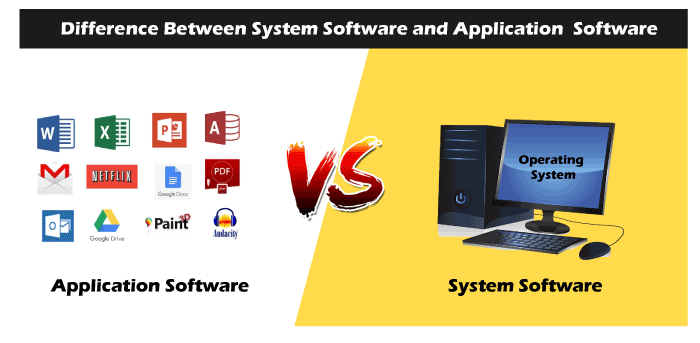Introduction to Computers:

An introduction to computers provides an overview of these powerful machines that have become an integral part of modern society. A computer is an electronic device capable of performing a wide range of tasks, from simple calculations to complex data processing and communication. Here's a basic introduction to computers:
1. Definition of a Computer:

A computer is an electronic device capable of receiving, processing, and storing data under the control of instructions (programs). It is a programmable machine designed to perform a wide range of tasks, from simple calculations to complex data processing and problem-solving. Computers use binary code (combinations of 0s and 1s) to represent and manipulate data, which enables them to perform a vast array of functions with remarkable speed and accuracy.
Purpose of a Computer:
The purpose of a computer is to process and manage data to perform specific tasks efficiently. Computers are incredibly versatile and find applications across various fields, including:
Data Processing:
Computers excel at processing large volumes of data quickly and accurately. They can perform calculations, sort information, analyse data, and generate reports efficiently.
Communication:
Computers facilitate communication by enabling email, instant messaging, video conferencing, and social media interactions.
Information Storage and Retrieval:
Computers can store vast amounts of data, making information easily accessible for later retrieval.
Entertainment:
Computers are essential for gaming, streaming videos, listening to music, and other forms of digital entertainment.
Business and Productivity:
Computers are widely used in business environments for tasks like accounting, inventory management, word processing, and creating presentations.
Education:
Computers have revolutionised education, providing access to online learning resources, interactive educational software, and e-learning platforms.
Scientific Research:
Computers are critical tools in scientific research, from simulations and data analysis to modelling complex systems.
Creative Arts:
Computers play a significant role in graphic design, video editing, music production, and digital art.
Automation and Control:
Computers are used in automation systems to control industrial processes, smart homes, robotics, and more.
Internet and Networking:
Computers form the backbone of the internet, enabling online browsing, e-commerce, and global connectivity.
The purpose of computers has evolved over time, driven by technological advancements and user needs. As technology continues to progress, computers will likely continue to play an increasingly central role in shaping the world we live in and improving various aspects of our lives.
2. Components:
A typical computer consists of various components, including:
Central Processing Unit (CPU):
Often referred to as the brain of the computer, the CPU executes instructions and performs calculations.
Memory:
Computers use different types of memory to store data and programs temporarily or permanently. RAM (Random Access Memory) provides fast access to data during the computer's operation, while storage devices (like hard drives or solid-state drives) retain data even when the power is off.
Input Devices:
These devices allow users to input data and commands into the computer. Common examples include keyboards, mice, touchscreens, scanners, and microphones.
Output Devices:
Output devices display or produce the results of computer processing. Common examples include monitors, printers, and speakers.
Motherboard:
This is the main circuit board that connects and allows communication between various components of the computer.
3. Software:

Computer software refers to the programs and instructions that tell the computer what to do. Software can be categorised into two main types:
System Software:
This includes the operating system (e.g., Windows, macOS, Linux) that manages computer resources and provides a user interface, as well as utility programs for various maintenance tasks.
Application Software:
These are programs designed for specific tasks or activities, such as word processing, web browsing, photo editing, gaming, and more.
4. History:

The history of computers dates back to ancient times when humans used tools like the abacus for basic calculations. However, the modern electronic computer began to take shape in the mid-20th century. The development of transistors and integrated circuits led to the miniaturisation and commercial production of computers. Over time, computers became smaller, more powerful, and accessible to a broader audience, leading to the digital revolution and the widespread adoption of computers in various fields.
5. Impact on Society:
Computers have had a profound impact on society, transforming the way we work, communicate, learn, and entertain ourselves. They have revolutionised industries such as healthcare, education, finance, manufacturing, and more. The internet, which relies on computers, has connected the world and facilitated global communication and access to information.
6. Future Trends:
As technology continues to advance, computers are expected to become even more powerful, energy-efficient, and interconnected. Emerging technologies such as artificial intelligence, quantum computing, and the Internet of Things (IoT) hold the potential to further reshape our relationship with computers and the digital world.
In conclusion, computers are remarkable devices that play a central role in our lives, enabling us to achieve incredible feats and solve complex problems. Understanding the basics of computers is crucial in today's digital age, as it empowers individuals to leverage these tools effectively and participate in the ever-evolving world of technology.